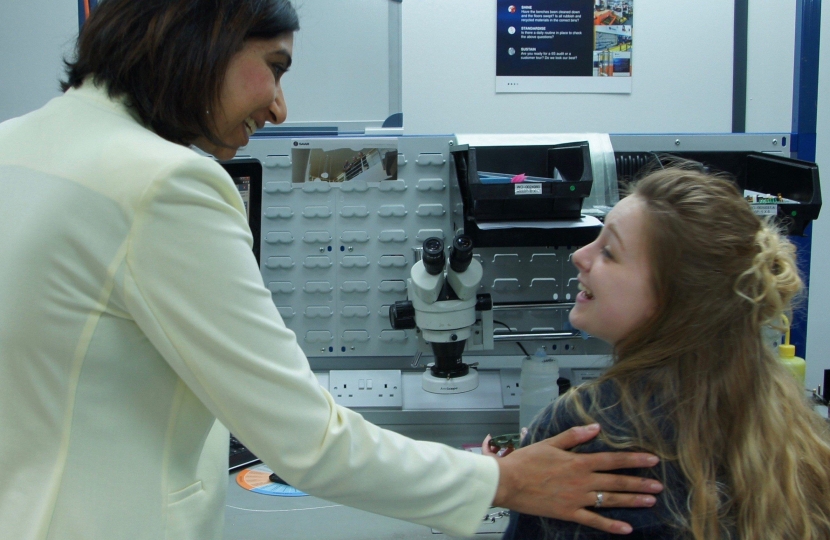
During this week’s Prime Ministers Questions Jeremey Corbyn said we have a Government who “protect the super-rich”, while the rest of us pick up the bill through cuts, austerity and low wages. But these predictable howls of protest overlook a critical point, under the Conservatives income inequality has fallen and society is fairer.
The reality is the rich are paying more, whilst the lowest income deciles are keeping more of their earnings. The richest 1% are set to pay 27% of all income for 2016/17, a higher proportion than under the last Labour government while the lowest earners have been lifted out of income tax altogether by increasing the personal allowance by more than inflation for the seventh consecutive year, and 30 million basic rate tax payers save £1,000 more per year than in 2010. Disposable household income is now £1,000 higher than in 2008.
These achievements mean we now have the lowest levels of income inequality for 30 years. This is progressive Conservatism at work.
But supporting social mobility and closing the income gap goes beyond lowering taxes for individuals and families, so we also need to support businesses and investment. One way of doing this is through cutting corporation tax, which the Governments of Cameron and May have rightly pursued. Lower corporation tax leaves more after-tax profits, leading to higher wages. Whereas the costs of higher corporate tax rates are borne out by workers. A lower rate means that employers are able to hire more people, lifting more people out of unemployment. It also leads to more money flowing into Treasury coffers as businesses grow and tax receipts rise, so Government can spend more on public services and cut income tax so people keep more of earnings.
Policies under the banner of “progressivism” which advocate taxing big businesses more, while often good intentioned, have the opposite effect to that intended and cost us all more – making everyone in society poorer as a result. Labour’s policy to raise corporation tax to 26% at the last election would’ve lowered wages, led to a rise in unemployment and our gains in reducing income inequality reversed.
It is incontrovertibly true that the post-recession years were tough, particularly for those on welfare. But to make people better off the aim of Government must always be to support them into work and off state dependence.
We have got unemployment down to its lowest level in 40 years, with only 3% of those in work since on zero hour contracts, giving millions of people the ability to support their families and contribute to society as economy autonomous individuals. The state is still there to stop economic exclusion and to give help when needed, but this is transitory, not the end state of public policy.
Progressive Conservatism means supporting people back into work. It means lowering tax rates for families and individuals so they can get on in life. It means supporting businesses to grow and invest in the people they employ.
